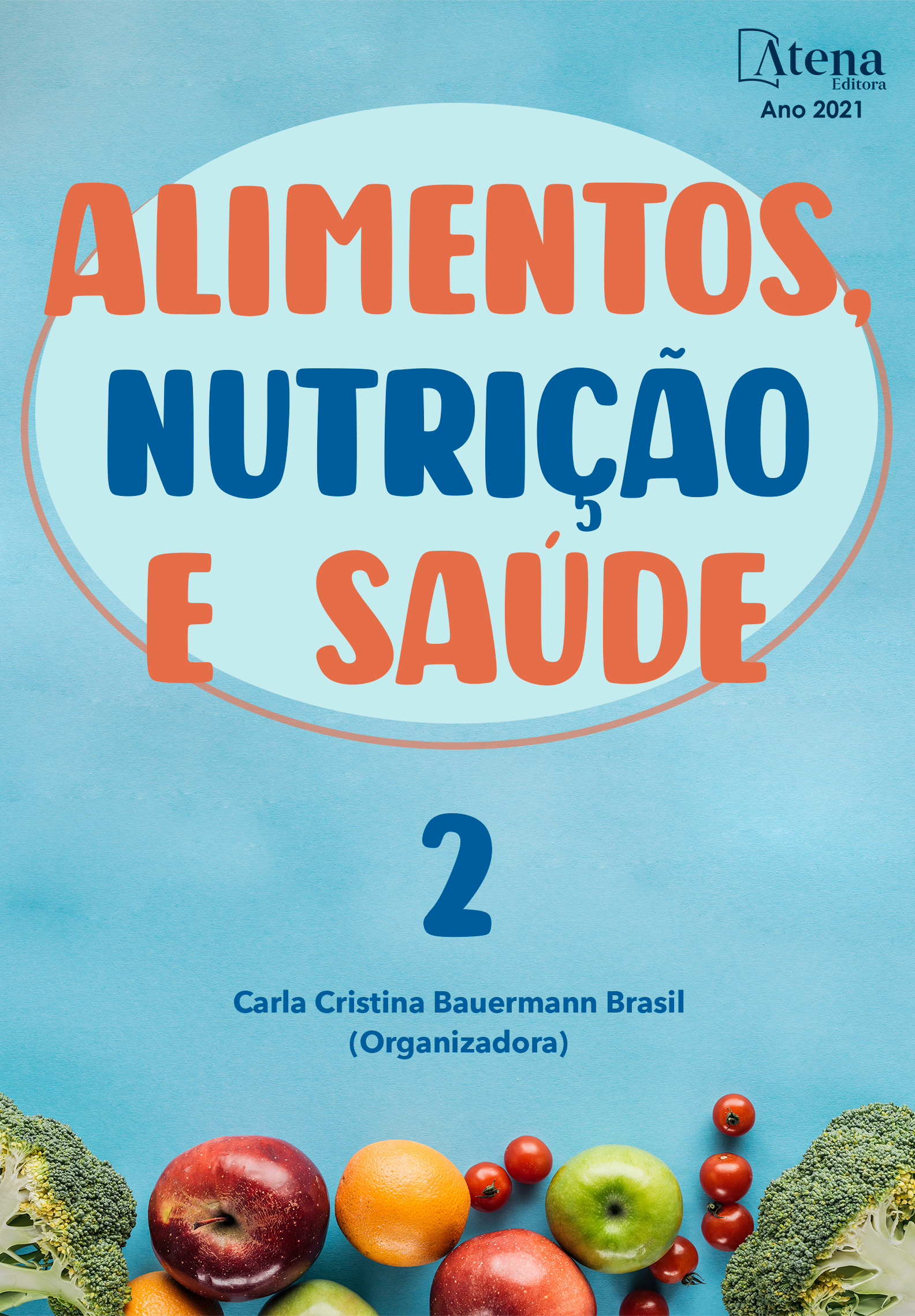
RELATO DE EXPERIÊNCIA: CONSCIENTIZAÇÃO INFANTIL ACERCA DA PRESENÇA DE SÓDIO CONTIDO NOS ALIMENTOS
A Hipertensão Arterial Sistêmica (HAS) é uma doença crônica, multifatorial, que possui fatores de risco não modificáveis e modificáveis, sendo a dieta rica em sódio um fator modificável de forte impacto no desenvolvimento da doença, cenário esse que pode evitado com mudanças nos hábitos de vida. A promoção e prevenção em saúde em crianças podem ser realizadas em escolas, uma vez que permanecem nela grande parte do dia. Crianças são os principais atores na construção do conhecimento, já que colocam em prática tudo o que aprendem, multiplicando informações, além de serem importantes alvos para a prevenção primária da HAS. Este estudo tem como objetivo relatar a experiência dos estudantes de medicina na conscientização de crianças acerca da influência do sódio dos alimentos no desenvolvimento da HAS, utilizando o tipo de estudo relato de experiência. A descrição da experiência relata a vivencia dos autores ao questionarem oralmente as crianças sobre esse assunto, que através da educação em saúde e intervenção educativa no uso da ferramenta Team-Based Learning (TBL) e dinâmicas, foi possível vivenciar um momento descontraído, produtivo e instigante entre autores e crianças, que possibilitou reflexão sobre a temática envolvida, especificamente sobre a alimentação rica em Sódio, quando se identifica a quantidade de Sódio nas embalagens pelas crianças e sua relação com a HAS. Essa vivencia possibilitou os estudantes a discutir sobre as dificuldades e vantagens de realizar práticas em saúde coletiva articulada ao sistema de saúde, que possibilita aplicar o conhecimento. Assim, pôde-se concluir, através da vivencia que a promoção e prevenção em saúde, evidenciaram a mudança positiva no olhar e postura infantil perante a identificação e o consumo de alimentos ricos em sódio. As práticas de intersetorialidade nos programas de saúde e educação, na esfera municipal, abrangendo escolas e Estratégias da Saúde da família foram essenciais para a manutenção do cuidado e consolidação do aprendizado das crianças e dos estudantes envolvidos.
RELATO DE EXPERIÊNCIA: CONSCIENTIZAÇÃO INFANTIL ACERCA DA PRESENÇA DE SÓDIO CONTIDO NOS ALIMENTOS
-
DOI: 10.22533/at.ed.06821230820
-
Palavras-chave: Hipertensão Arterial Sistêmica; Sódio; Educação em saúde; Promoção da saúde
-
Keywords: Hypertension; Sodium; Health Education; Health Promotion
-
Abstract:
Systemic Arterial Hypertension (SAH) is a chronic, multifactorial disease that has non-modifiable and modifiable risk factors, with a high-sodium diet being the modifiable factor with the greatest impact on the development of the disease, a scenario that can be avoided with changes in habits of life. Health promotion and prevention in children can be carried out in schools, as they remain there for most of the day. Children are the main actors in the construction of knowledge, as they put into practice everything they learn, multiplying information, in addition to being important targets for the primary prevention of SAH. The objective is to report the experience of medical students in raising children's awareness about the influence of sodium in foods on the development of SAH, using the method: report of the authors' experience when orally questioning children about this subject, interspersed with health education and educational intervention using Team-Based Learning (TBL) and re-application of dynamics. The result was a relaxed, productive and thought-provoking moment between authors and children, which allowed reflection on the theme involved, specifically on sodium-rich food, the identification of the amount of sodium in the packages by children, its relationship with SAH and also the difficulties and advantages of carrying out practices in collective health in a broad way, articulated with the health system, applying the acquired knowledge. Thus, it was possible to conclude, through the work of health promotion and prevention; the results evidenced the change in the child's look and attitude towards the consumption of sodium and the reading of packages rich in this element. Intersectoriality practices in health and education programs at the municipal level, including schools and Family Health Strategies were essential for maintaining care and consolidating learning.
-
Número de páginas: 13
- Debora Aparecida Zanette


